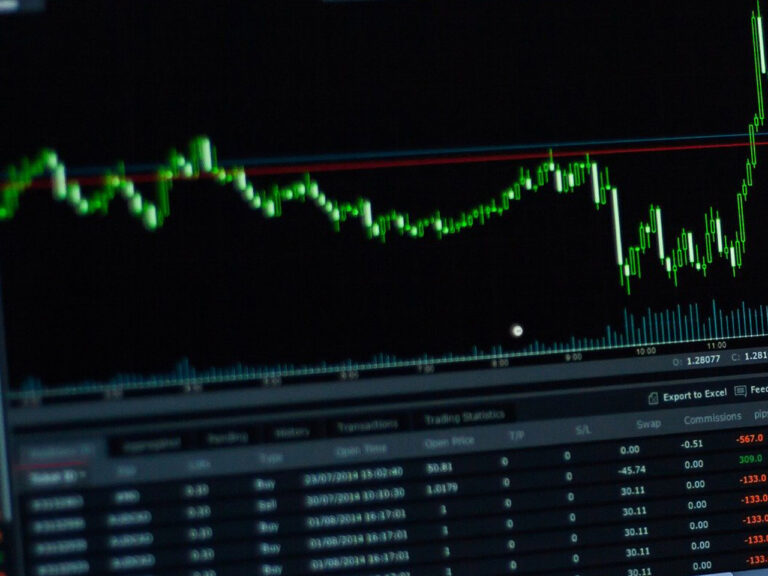In the ever-evolving landscape of healthcare diagnostics, RadNet, Inc. (NASDAQ: RDNT) stands out as a formidable player. With a market capitalization of $4.25 billion, this Los Angeles-based company has carved a niche in the diagnostics and research industry, providing a comprehensive range of outpatient diagnostic imaging services in the United States and internationally.
RadNet’s current stock price is $56.61, reflecting a slight decrease of $0.16, yet the company’s potential shines brightly when assessed through the lens of expert analysis. The stock’s 52-week range spans from $45.92 to $86.38, indicating a volatile yet promising trajectory. Analysts have set a target price range of $60.00 to $80.00, with an average target of $72.00, projecting a potential upside of 27.19%.
Despite the lack of a trailing P/E ratio, the forward P/E stands at 77.98, suggesting expectations of future earnings growth. Although the PEG ratio and price/book metrics are not available, the company’s revenue growth of 9.20% is a testament to its robust operational performance. However, with a current EPS of -0.43 and a minimal return on equity of 0.33%, RadNet faces challenges in profitability. The company’s free cash flow of approximately $109.5 million is a positive indicator, providing a cushion for further investments and operational enhancements.
RadNet’s absence of dividend payouts and a 0.00% payout ratio signifies a reinvestment strategy aimed at fueling growth and expansion, a common practice in companies focused on scaling operations and technological advancement. The company’s technical indicators, such as the 50-day moving average of $52.67 and a 200-day moving average of $63.88, suggest a short-term opportunity for investors as the stock trades below its longer-term average.
An RSI of 44.92 indicates that the stock is in the neutral territory, while the MACD of 1.76, slightly below the signal line of 1.89, suggests potential bullish momentum should the trend reverse.
RadNet’s business model is bolstered by its two operational segments: Imaging Centers and Digital Health. Through its innovative services, including AI-powered health informatics and DeepHealth OS, RadNet is at the forefront of integrating technology into healthcare. This strategic focus on AI and digital solutions enhances the efficiency and accuracy of radiological interpretations, targeting improvements in breast, lung, and prostate imaging.
The company’s robust pipeline of innovations and expansions is supported by a strong consensus from analysts, with six buy ratings and no hold or sell recommendations. This unanimous endorsement underscores the confidence in RadNet’s strategic direction and growth potential.
For investors, RadNet presents a compelling case. The company’s strategic positioning in the healthcare diagnostics sector, coupled with its commitment to innovation through AI and digital health solutions, positions it as a growth-oriented prospect. While challenges in profitability remain, the potential upside and analyst confidence make RadNet a noteworthy consideration for those looking to invest in the future of healthcare technology.






































